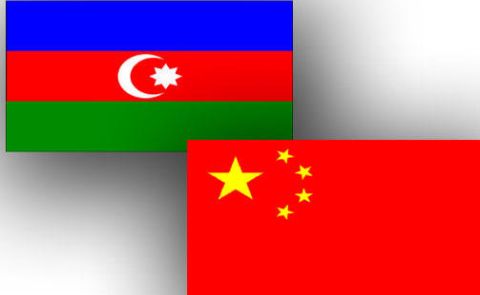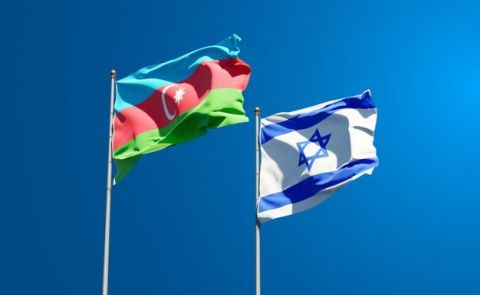
Amnesty: Police Abuse, LGBTI Threats Persist in Armenia Despite Reforms
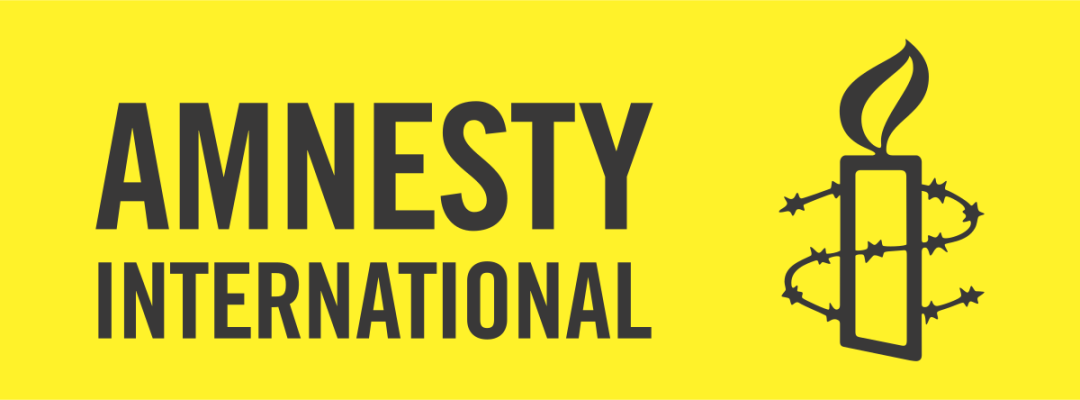
Amnesty International’s 2024 global human rights report highlights escalating authoritarianism and a breakdown in international norms, with Armenia emerging as one of the countries facing serious challenges. The organization identifies repression of dissent, misuse of force against protesters, and ongoing discrimination among the key human rights concerns in the country.
Armenia struggled to integrate over 100,000 refugees from Nagorno-Karabakh following Azerbaijan’s 2023 takeover of the region. Many of the displaced continued to face difficulties in accessing housing, employment, and education. Their right to return in safety and dignity remains unaddressed.
Political unrest intensified in the spring of 2024, triggered by a controversial border demarcation agreement with Azerbaijan that placed four border villages under Azerbaijani control. The agreement provoked mass demonstrations and demands for Prime Minister Nikol Pashinyan’s resignation. Police were accused of using excessive force during these protests, particularly in Yerevan on June 12, where more than 100 individuals—including journalists and protesters—were injured. Amnesty noted a lack of accountability for law enforcement, as no officers were indicted despite the injuries sustained.
Freedom of expression also came under threat. Journalists covering the protests were harassed and assaulted, with 14 reporters reportedly injured. In March, opposition activists and podcast hosts Vazgen Sagatelyan and Narek Samsonyan were arrested for allegedly insulting the Prime Minister and ruling party officials on air. Their trial began in September, and if convicted, they face up to five years in prison.
In the environmental sector, the government granted permission in January for the controversial Amulsar gold mine to resume operations, despite longstanding concerns over water and land pollution. Environmental activists were subjected to legal intimidation and smear campaigns, with some accused of undermining national security.
Nevertheless, there were some positive legislative developments. In April, Armenia adopted amendments to its domestic violence law, expanding the definition of abuse and removing language that had previously pressured victims to remain in abusive relationships. The changes also criminalized practices such as forced medical interventions and “virginity testing.”
Despite these reforms, stigmatization of LGBTI individuals persisted. Staff at the Ombudsperson’s Office reported threats and harassment in connection with their work supporting the LGBTI community.
See Also


Azerbaijani MP Claims Russia Behind February Cyberattack
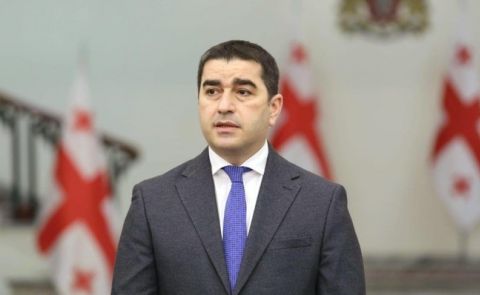
Georgian Speaker Labels Rasa Juknevičienė’s Remarks as “Fascist Statements”
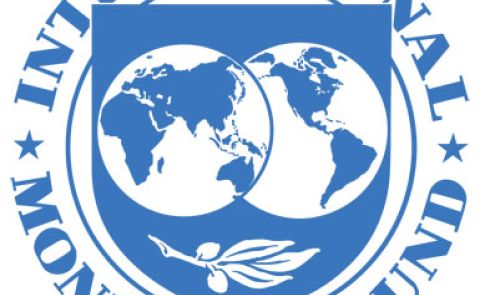
IMF, Armenia Reach Deal on Fifth Economic Program Review
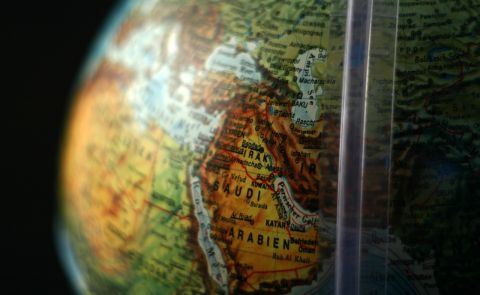
Armenia Allocates Funds for New Embassy in Oman, Plans Diplomatic Expansion to Budapest and Belgium
